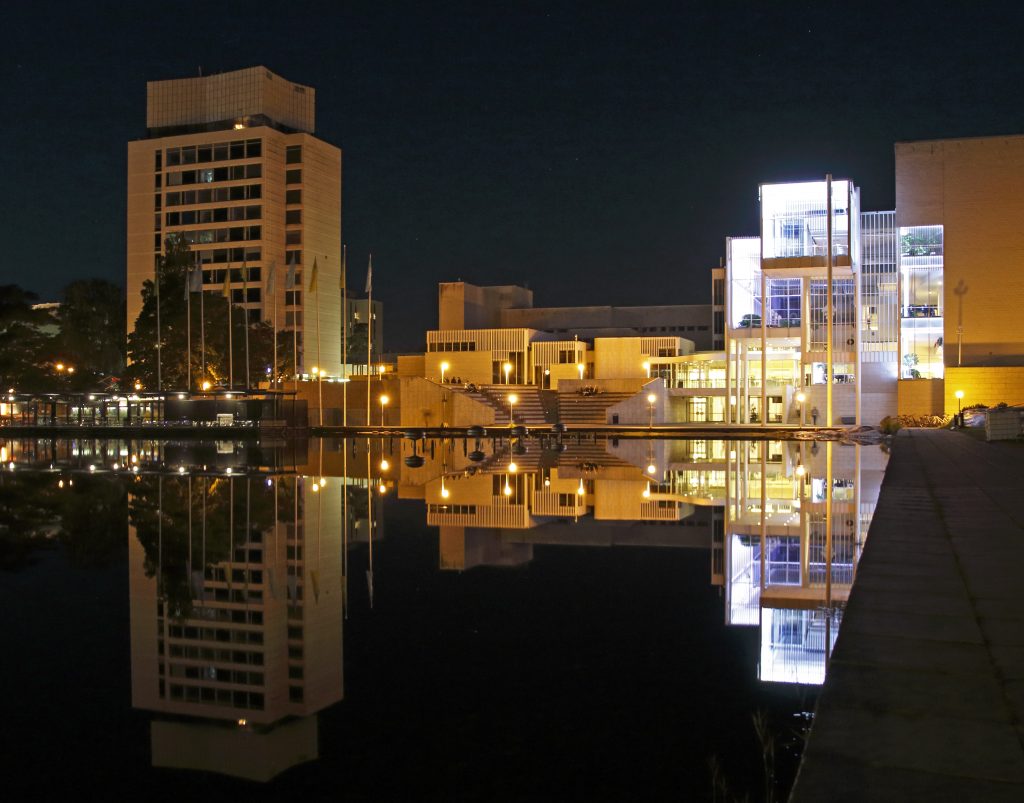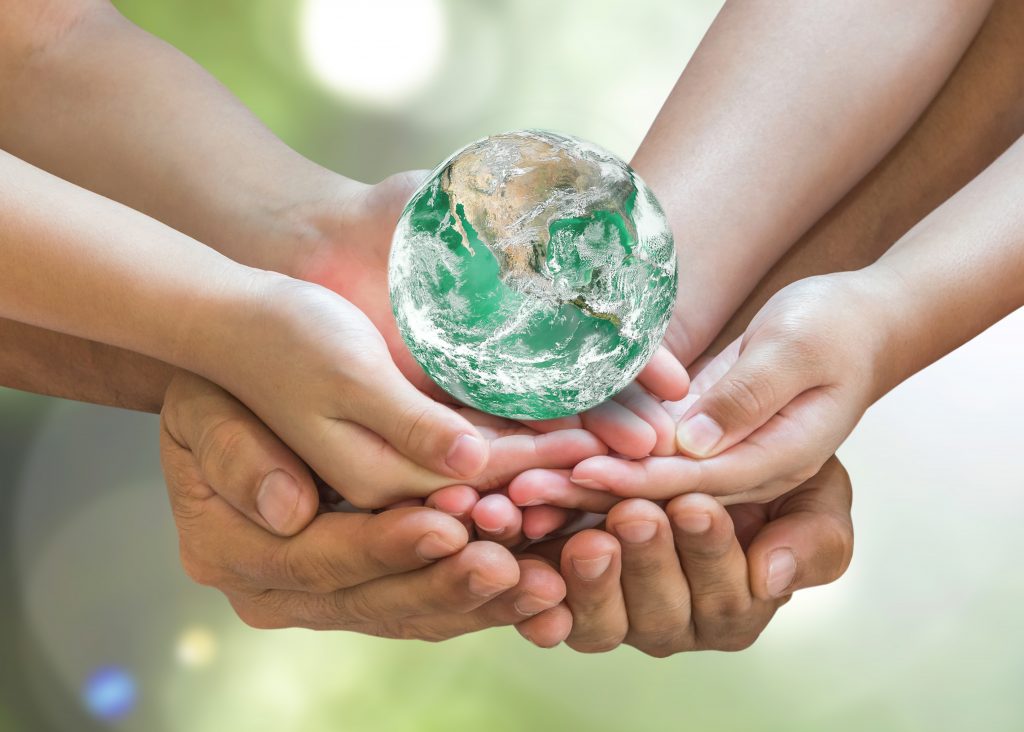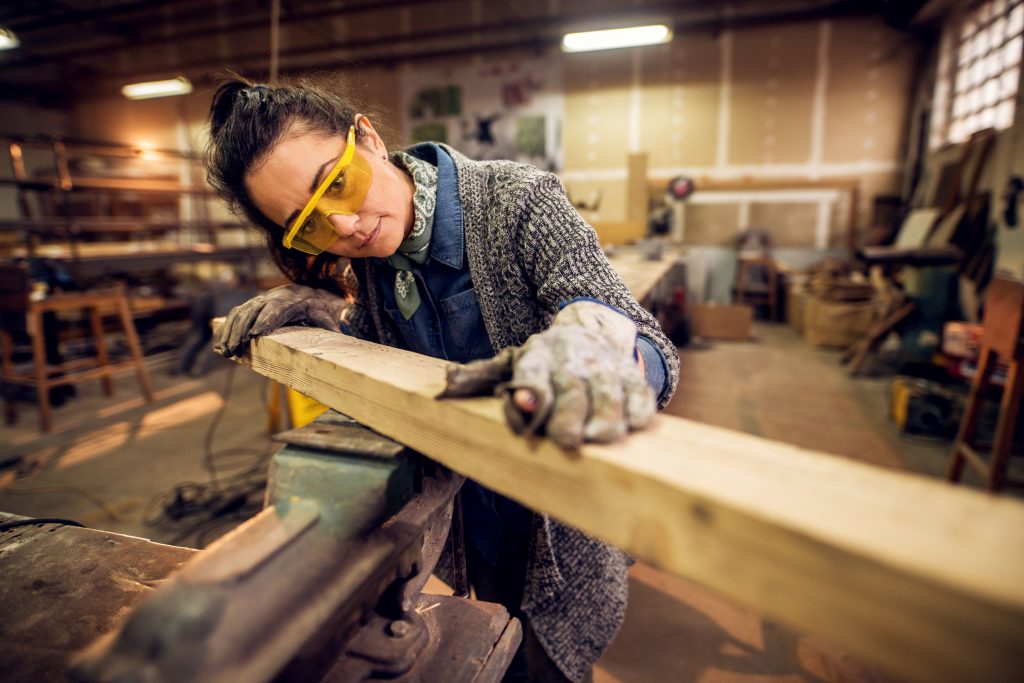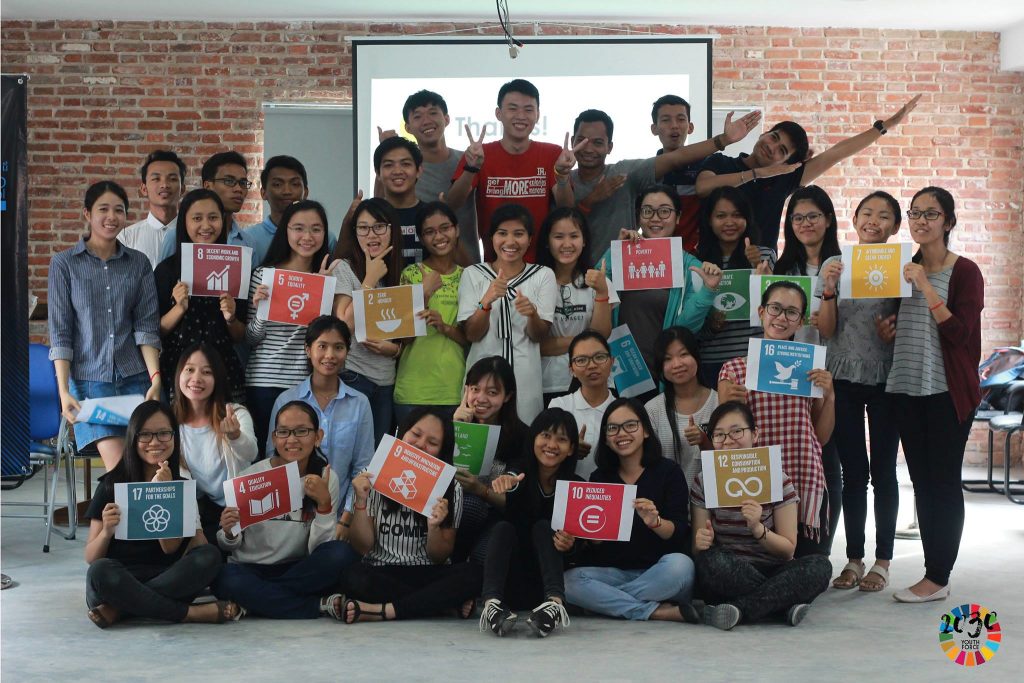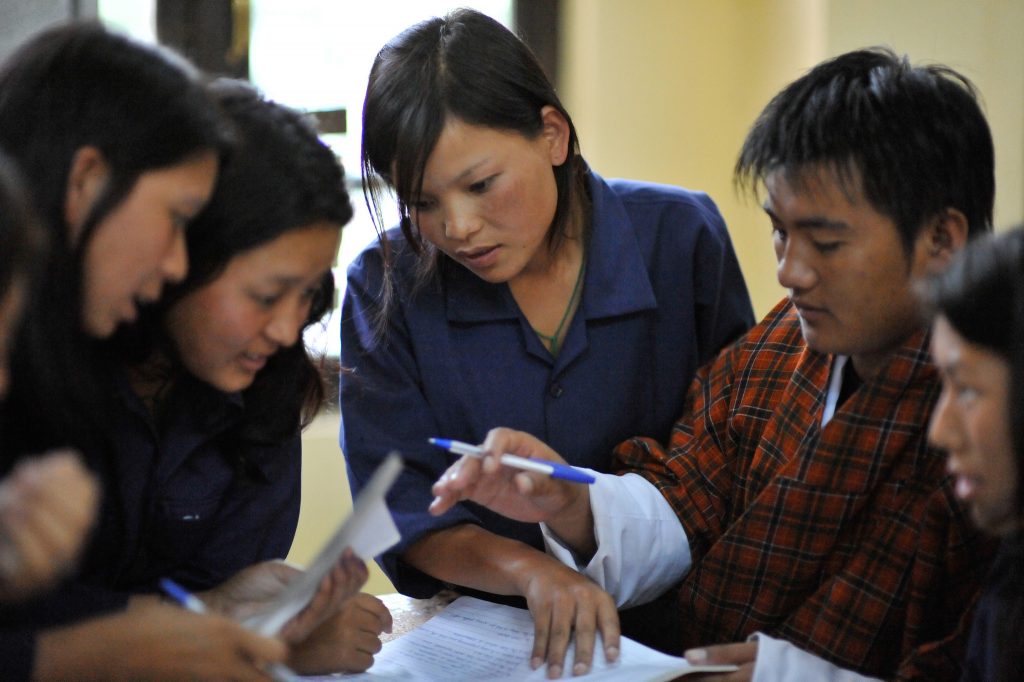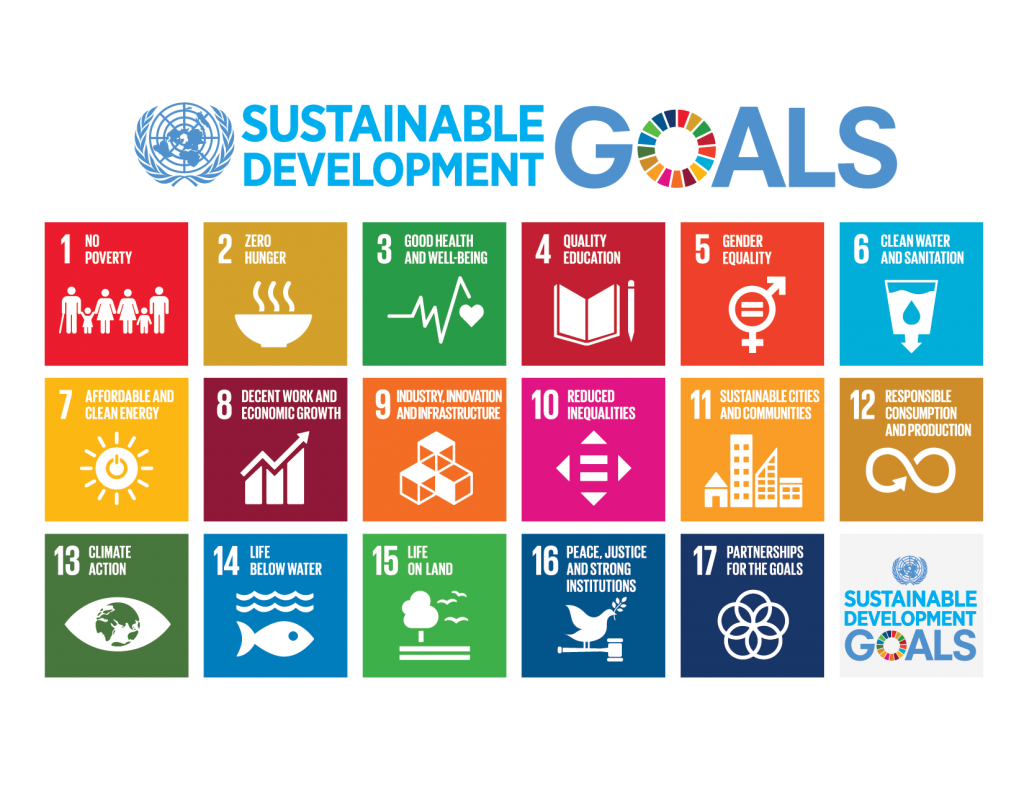The challenges facing education demand responses that are genuinely transformative. But how should we understand transformative education and what can we do to promote it, asks Katarina Popović

The crises caused by the COVID-19 pandemic inspired a wave of new and revived concepts, ideas and practices in education. The need for a new approach had been highlighted in response to the 2030 Agenda for Sustainable Development and our likely failure to deliver against Sustainable Development Goal (SDG) 4 on education by 2030. Continuing educational disparities and exacerbated gaps and setbacks underscore the urgent need to promote adult education and lifelong learning for all.
One of the ideas born out of this sense of urgency is ‘transformative education’, which UNESCO defines as teaching and learning ‘geared to motivate and empower happy and healthy learners to take informed decisions and actions at the individual, community and global levels’. The concept dominates discussions about post-crises education and is perceived as a panacea for many of today’s problems in education.

